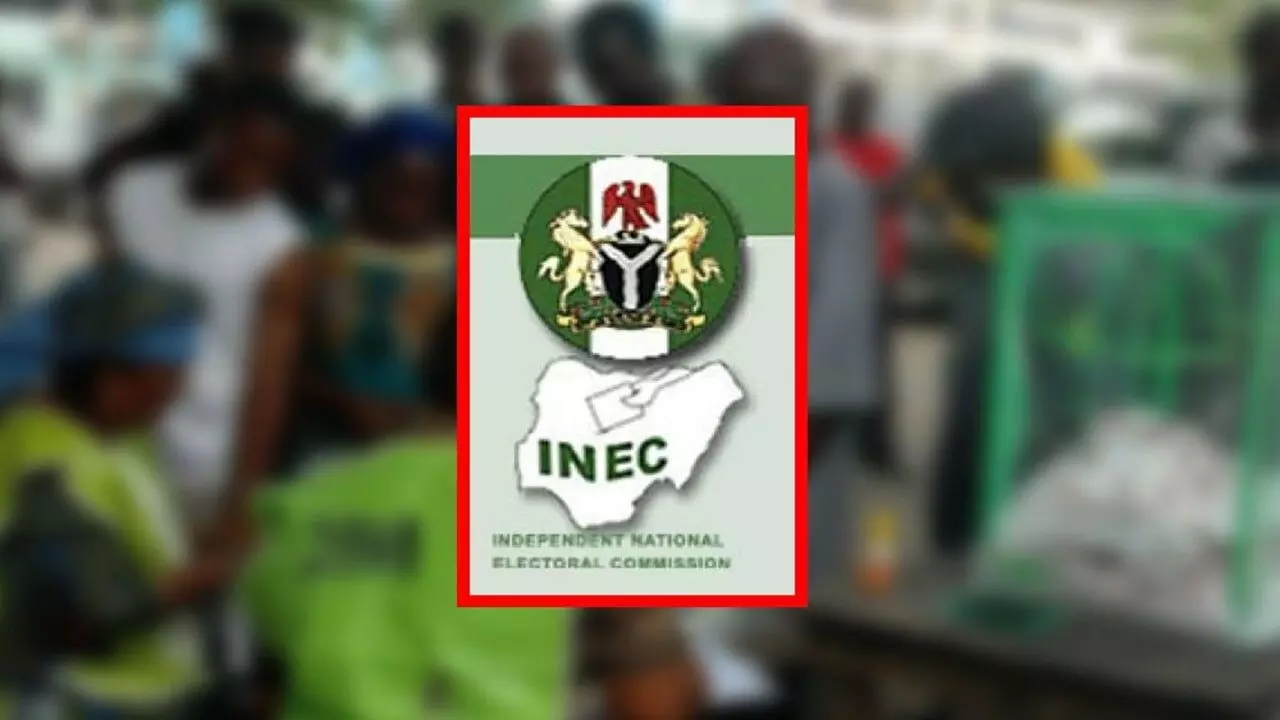- Home
- /
- Trending-News
- /
- Group urges INEC...
Group urges INEC provide "assistive election" materials for PWDs

The Inclusive Friends Association (IFA), an NGO, has called on the Independent National Electoral Commission (INEC) to train ad hoc staff on providing assistive materials for Persons Living with Disabilities (PWDs) during elections to enable them participate seamlessly.
Ms Grace Jerry, Executive Director, IFA and Convener, of the IFA Vote-Ability Campaign made the call while addressing a news conference to present the findings from the observation of the presidential and National Assembly elections.
Jerry said INEC was supposed to provide assistive materials such as braille ballot guide for visually impaired persons, magnifying glasses, large font posters among others and teach ad hoc staff effectively on how how use them so PWDs could cast their votes.
She also called on INEC to continue to gather data on PWDs in a disaggregated format to improve the deployment of assistive materials during elections.
She said that IFA, through the Vote-Ability Campaign, deployed 250 PWDs election observers across 21 states and the six geopolitical zones of the federation.
She said that the objective was to measure the deployment and usage of PWD assistive materials, the accessibility of polling units to PWDs, and the internal layout of polling units, among others.
“IFA observed that 22 per cent of Polling Units (PUs)were stationed around corridors and steps; 12 per cent have uneven surfaces and sand piles that make PWD accessibility difficult and impossible in some instances.
” IFA observers reported that 71 per cent of PUs observed had no ramp or handrails for use by PWDs.
“IFA observers reported that 65 per cent of PUs had no suitable voting cubicles for PWDs on wheelchairs, persons of short stature, and persons on roller skates.”
Jerry said that IFA observers reported that 74 per cent of PUs positioning and situating of the ballot box was accessible for PWDs on wheelchairs.
She said that 60 per cent of PUs reported had no braille ballot guide for blind voters who could read and understand braille to cast their vote.
She said that in 76 per cent of PUs observed, IFA observers reported the non-deployment of magnifying glasses for voters with albinism and low vision.
She said that IFA observed that 61 per cent of PUs had the INEC form EC30E election guide posters for the deaf and hard-of-hearing.
Jerry said that IFA observed that there was an increase and more robust improvement in PWD political participation.
She said that this was because, beyond participating as electorates, PWDs were seen to serve as party agents.
“The observation mission of IFA saw the engagement of PWDs by INEC to serve as ad hoc staff.
” This satisfies the IFA’s demand while also meeting the requirements of Section 29 of the Discrimination against Persons with Disabilities Act (2018).”
Jerry commended INEC and urged the commission to ensure that voting cubicles were designed to enable voters with disabilities to cast their ballots confidentially in subsequent elections.
She also called on INEC to ensure ballot boxes are placed in areas that allow voters with disabilities to vote independently.
She said that INEC should continue to engage and consult with the disability community, including IFA, to identify areas to be improved for more inclusive electoral processes.




